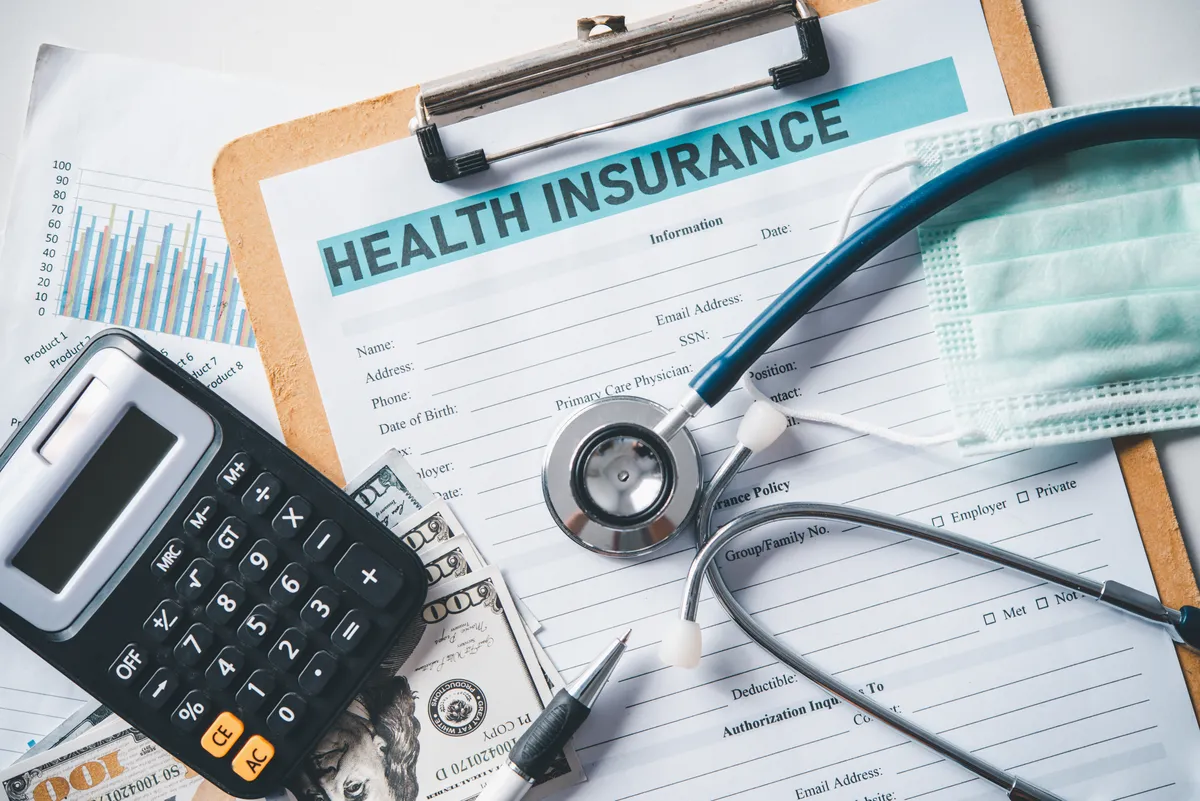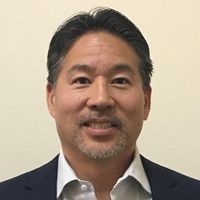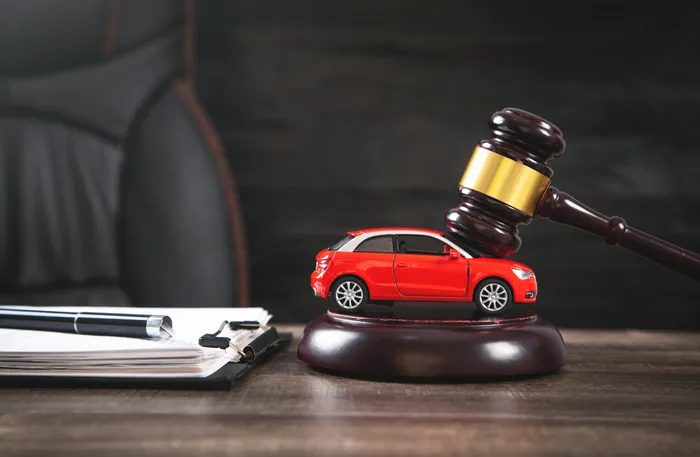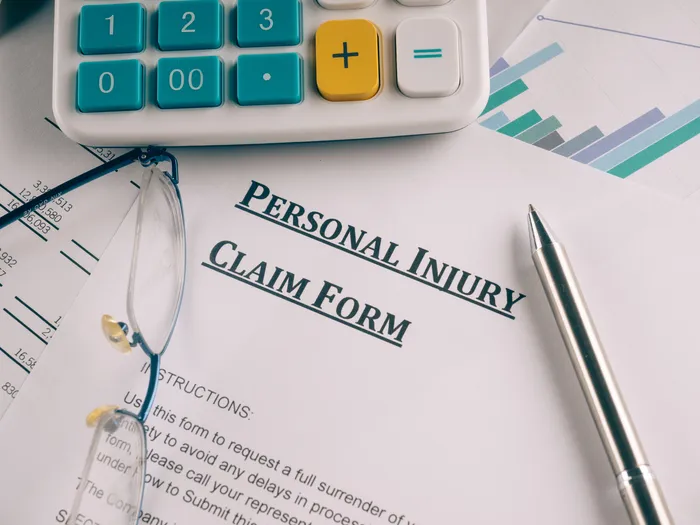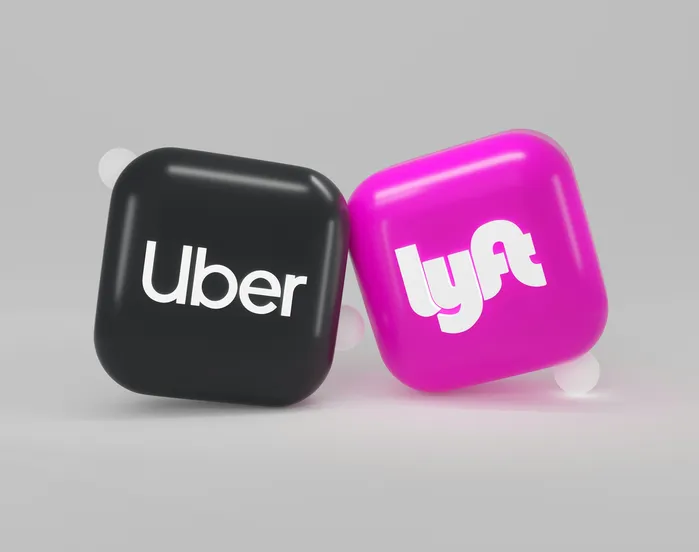6 min read time
Table of Contents

Can Health Insurance Cover Car Accident Injuries
When a car accident occurs, you might wonder if your health insurance could provide coverage for the medical bills resulting from the car accident injuries you sustained.
Knowing the answer to this question is crucial; however, it varies greatly between states and insurance companies, so it's highly recommended to speak with an experienced car accident attorney to learn if your health care provider can provide coverage in your specific situation.
When Health Insurance Might Provide Coverage After a Car Accident
Health insurance may pay for damages caused by a car accident when your auto insurance coverage limits are met, MedPay has been completely used, or the insurance company has no direct claim.
Common situations that could provide coverage from health insurance providers after a car accident include:
- If your medical expenses exceed your liability coverage limits
- When MedPay (medical payments coverage) ends
- If you have private health insurance or an extensive health insurance plan
What Damages Can Health Insurance Cover After a Car Accident

When a car crash leaves you with medical costs resulting from accident injuries, your health insurance coverage can step in as secondary coverage after your auto policy limit is exceeded.
Understanding how these insurance policies work together can help you navigate insurance complexities, pay medical bills, and avoid unexpected out-of-pocket expenses.
Typical Car Accident Expenses Covered by Health Plans
A health insurance policy can usually cover emergency room visits, diagnostic tests, and hospital stays that arise from a motor vehicle accident, ensuring that a vast majority of hospital expenses are paid.
Health insurance can also provide coverage for surgeries, prescription medications, physical therapy, and follow-up doctor visits needed for recovery.
Roles of Personal Injury Protection (PIP) and Health Insurance
Personal injury protection (PIP) and medical payments coverage are key parts of an auto insurance policy that help cover medical expenses after an accident.
They work together to ensure you receive timely payment for medical treatment and related costs. Knowing how they function can shield you from surprise bills.
How PIP Works When You Have Health Insurance
PIP coverage goes first and pays for medical bills up to its limit, regardless of fault.
After settlement has been reached, your health plan may cover the remaining balance, and your health insurance policy may also help cover any remaining hospital expenses.
Steps to effectively utilize PIP and health insurance after a car accident:
- File a PIP claim with your auto insurance company.
- Submit any leftover bills to your health provider, who will bill the PIP carrier for reimbursement.
What Is Subrogation
When a health insurer pays for accident-related medical bills, it often seeks reimbursement from the at-fault party's auto insurance companies through a process called subrogation.
Understanding how the subrogation process works can protect your settlement and prevent future car accident claims from arising.
When and How Your Health Insurance Company Seeks Reimbursement
After a settlement, your health insurer may file a subrogation claim to recover the money it paid for your medical care and medical treatment.
Typical steps in a subrogation claim include:
- Submit settlement notice, medical records, and hospital bills
- Insurer reviews and may request reimbursement from the insurance adjuster
- If denied, the insurer may file a lien
If the health insurer recovers the reimbursement funds, you keep the net insurance settlement amount; however, if they don't, it could lead to additional legal complications, so it's recommended to schedule a free case evaluation with a Las Vegas car accident lawyer from the Rodney Okano Car Accident Lawyer Law Firm in the event of this.
Limitations and Exclusions in Using Health Insurance for Accident Claims
Health insurance policies often contain specific limitations and exclusions that can affect coverage for car accident-related medical expenses.
These clauses determine what is paid, what is not, and under what circumstances. Understanding these limitations and exclusions is crucial before filing a car accident claim or accepting a settlement offer.
Common Reasons Claims Are Denied Coverage
Accident claims are often denied when the injuries sustained fall outside the health policy's accident coverage, when treatment is deemed elective, or when documentation is incomplete.
Health insurance companies also reject insurance coverage for claims that exceed policy limits, are filed after the policy lapses, or lack proof of liability.
Deadlines for Filing Health Insurance Claims After a Car Crash
After a car accident, understanding when and how to file health insurance claims is essential to ensure coverage and avoid complications.
Tips for Avoiding Coverage Gaps
After a car crash, file your health claim promptly after your auto coverage and MedPay have been used up to lock in coverage. Missing deadlines can result in automatic denials, so you must stay on top of them.
Key ways to avoid coverage gaps include:
- Confirm deductible status
- Verify provider network
- Track payment receipts
What to Do If You Lack Health Insurance After a Car Accident
If, after a car accident, you lack health coverage and your auto accident claim exceeds your auto insurer's policy limits, navigating medical bills can feel overwhelming.
However, understanding your options can allow you to take steps that help protect your health and finances, aiding in financial recovery.
Alternative Payment Options and Medicaid
If you have no private health coverage, Medicaid can step in to cover many of the post-car accident medical expenses. Eligibility is based on income and assets, not the accident itself, and does not cover out-of-pocket expenses.
When Medicaid pays, it often works as secondary coverage, like health insurance, after any auto-insurance limits are reached. Keep all bills and receipts organized to speed the claim process.
If you are not the fault driver, it's highly recommended to seek free consultation from a car accident lawyer to determine your legal options in seeking compensation.
How Legal Assistance Can Help Navigate Insurance Responsibilities
When insurance responsibilities become tangled in a car accident, car accident lawyers can help untangle the complexities. A qualified attorney can explain who should pay what, who is the fault driver, and why, protecting your rights and your financial recovery.
When to Consult a Personal Injury Attorney
If you face medical bills that exceed your auto coverage or if the other driver's car insurance company delays payment, it's recommended to seek a case review through a free legal consultation to learn what actions to take next.
Having a lawyer can be extremely beneficial to your claim as they can help you navigate the claims process for a car accident, negotiate settlements, and protect your rights against subrogation, especially in situations such as:
- Over-limit medical expenses
- Denied or disputed liability
- Potential subrogation claims
Consider speaking with an attorney early before injuries worsen, you're unsure who is the at-fault driver, or when you want to seek compensation from the at-fault drivers.
How to Handle Delays and Denials from Health Insurers
When a claim is filed after an accident, insurers often postpone payments or reject coverage, leaving victims uncompensated and uncertain.
Understanding how to respond to a denied claim can help protect your rights and ensure a timely settlement.
Appealing a Health Claim Denial
If your claim is denied, you can appeal within the insurer's window. Submit a written request that explains why the denial was wrong, including any evidence that clarifies the liability.
Key steps to appealing a health insurance claim are:
- Review the denial letter, noting any references to the fault driver
- Gather supporting evidence, such as documents that identify the fault driver or the fault state of the incident
- File the formal appeal
- Await the insurer's review
- Consider legal representation if the appeal fails
Obtain the Compensation You're Entitled To
Contact Us Today
Rodney Okano Car Accident Lawyer is a Las Vegas personal injury law firm with over 20 years of experience helping clients obtain maximum compensation following injuries from accidents such as car crashes, worksite injuries, and slips and falls. Over those years, The Rodney Okano Car Accident Lawyer Law Firm has become an experienced law firm that can ensure exceptional results for any of its clients.

